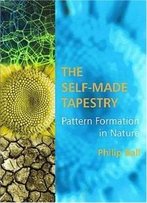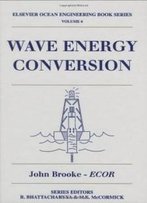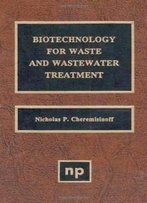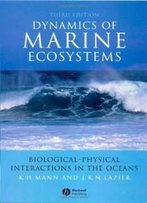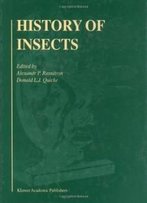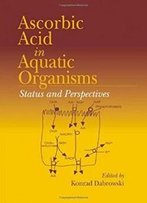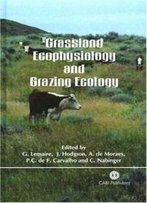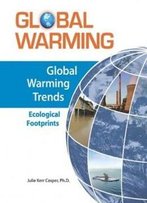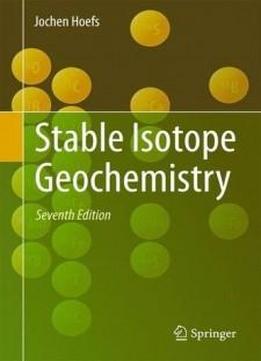
Stable Isotope Geochemistry
by Jochen Hoefs /
2015 / English / PDF
7.5 MB Download
Stable Isotope Geochemistry is an introduction to the use of stable
isotopes in the geosciences. For students and scientists alike the
book will be a primary source of information with regard to how and
where stable isotopes can be used to solve geological problems. It
is subdivided into three parts: i) theoretical and experimental
principles, ii) fractionation processes of light and heavy
elements, iii) the natural variations of geologically important
reservoirs. In the last decade, major advances in
multicollector-ICP-mass-spectrometry enable the precise
determination of a wide range of transition and heavy elements.
Progress in analysing the rare isotopes of certain elements allows
the distinction between mass-dependent and mass-independent
fractionations. These major advances in analytical techniques make
an extended new edition necessary. Special emphasis has been given
to the growing field of “non-traditional” isotope systems. Many new
references have been added, which will enable quick access to
recent literature.
Stable Isotope Geochemistry is an introduction to the use of stable
isotopes in the geosciences. For students and scientists alike the
book will be a primary source of information with regard to how and
where stable isotopes can be used to solve geological problems. It
is subdivided into three parts: i) theoretical and experimental
principles, ii) fractionation processes of light and heavy
elements, iii) the natural variations of geologically important
reservoirs. In the last decade, major advances in
multicollector-ICP-mass-spectrometry enable the precise
determination of a wide range of transition and heavy elements.
Progress in analysing the rare isotopes of certain elements allows
the distinction between mass-dependent and mass-independent
fractionations. These major advances in analytical techniques make
an extended new edition necessary. Special emphasis has been given
to the growing field of “non-traditional” isotope systems. Many new
references have been added, which will enable quick access to
recent literature.


